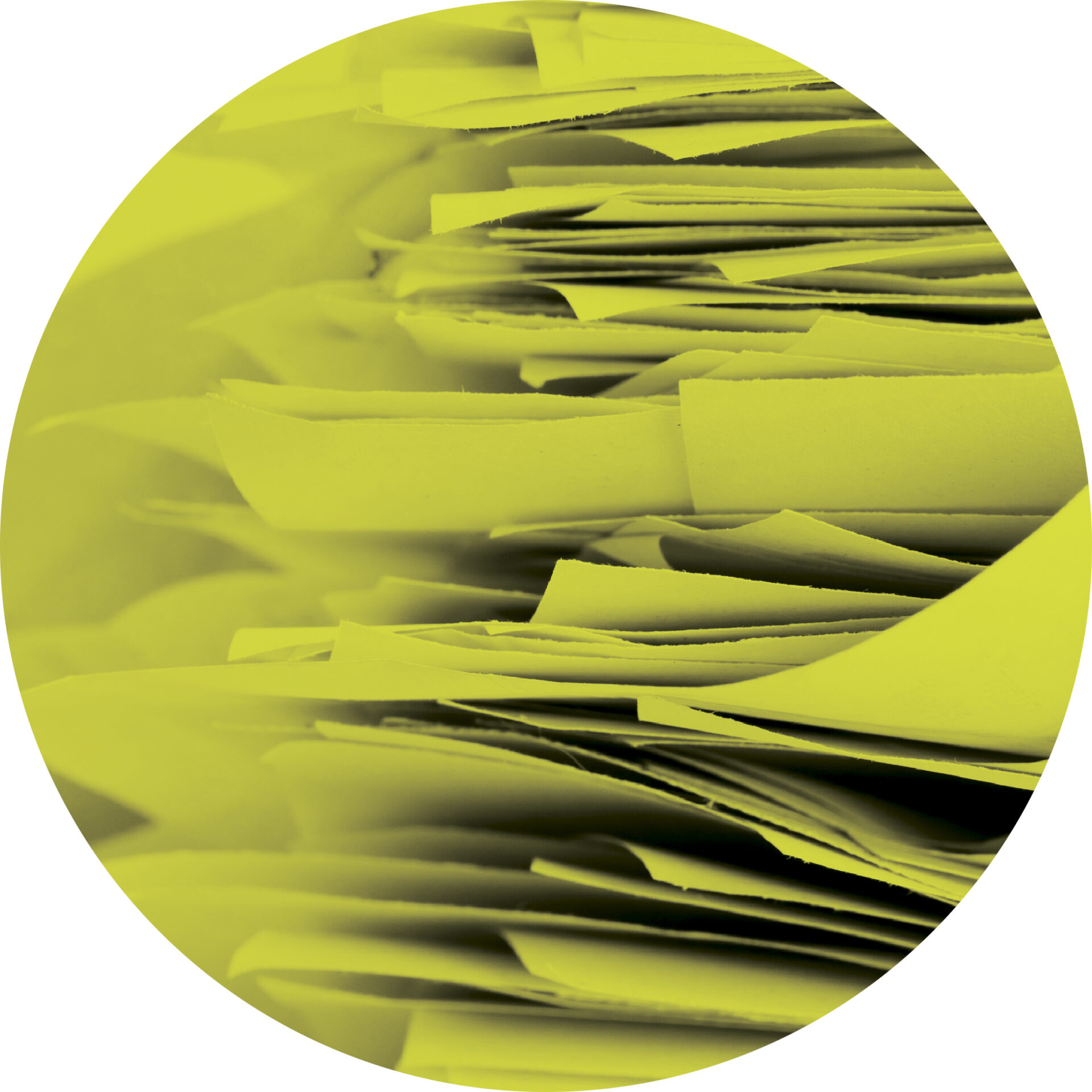Open letter published in The pressSeptember 29, 2023
Right to information – shedding light on the darkness!
Laurence GuenetteCoordinator of the League of Rights and Freedoms
Lynda KhelilResponsible for mobilization at the League of Rights and Freedoms
The Right to Information Week from September 25th to October 1st and the International Day for Universal Access to Information on September 28th represent ideal opportunities to reflect on the nature and importance of this right and, above all, on the obstacles to its realization to remember. Consecrated by the Quebec Charter of Human Rights and Freedoms and that International Covenant on Civil and Political Rights, the right to information is at the heart of a society that wants to be democratic. It is an essential dimension of freedom of expression, which includes the freedom to seek, receive and exchange information and ideas.
The right to information protects freedom of the press and promotes citizens’ participation in social debates and decision-making processes. It holds elected officials and public office holders accountable and accountable and limits the influence of private interests on decision-makers. The right to information is essential for organizations and citizens to work effectively to advance human rights and social justice. Because knowledge is power.
In Quebec it is Law on access to documents of public bodies and protection of personal data (Access Act) was passed in 1982. Its access to information component regulates the right of every individual to access documents from public bodies such as the government, ministries, municipalities, police services, schools, health and social institutions, etc.
However, the Access Act contains too many restrictions (grounds for refusal), in particular the right to allow a public body to conceal information of public interest under the pretext that it is “trade secrets” that could harm the interests and profits of a private company they would be known. Other exceptions also significantly restrict access to government documents that are very important to the public (statements, investigations, reports, recommendations).
The problems with the application of the law, which have also been complained about for a long time, are not taken into account: surreal processing times for requests for information, which prevent information from being obtained in a timely manner; interpretation of the law varies greatly depending on the organization; Impunity if a document is unjustifiably rejected or delayed. There are so many obstacles to the administrative transparency of the state, which is essential in a democratic society.
The Access Act has not undergone significant reform since its passage more than 40 years ago, while problems continue to worsen. Many voices, including the Access to Information Commission, the Quebec Professional Association of Journalists and organizations, have called for a complete overhaul of this law over the years to ensure the right to information. But the demands are met with resistance from the Quebec government to take on this huge and urgent project.
For the League of Rights and Freedoms, which always strives to emphasize the interdependence of rights, denials of the right to information have consequences for other human rights by hindering hard-working social movements. -Foot to analyze, raise awareness, mobilize and make demands for a more just society.
Current events in Quebec offer serious examples of this: just think of the battle that a citizen had to wage in 2022 to finally gain access to information about heavy metals processed by the Horne foundry in Rouyn-Noranda. A telling example is also Radio-Canada’s request for access to information, which aims to obtain the opinion of Montreal’s public health director – which turned out to be decidedly unfavorable – on the imposition of a second curfew in January 2022 during the pandemic. The request initially led to the submission of a fully censored version, before outcry prompted the government to release the document.
The access law is not the only one that gives rise to criticism: when it comes to the environment, Quebec’s Environmental Quality Act (LQE) contains a specific regulation on access to information that has long mobilized groups of lawyers and environmental citizens. The latter would do well not to declare victory too quickly when a reform of the LQE was adopted in 2018, which had a positive impact on the right to environmental information: the public information register provided for in the LQE is still not implemented, more than five years after the law Change in law.
At the federal level, too, the Access to Information Act endangers the exercise of the right to information, both through the reasons for rejection that public bodies can rely on and through the exorbitant delays in processing requests for information. The Vigilance OGM case also left its mark in 2022. In response to its request for access to information on the approval of trace pesticides in food, the environmental organization received 229 blank pages from Health Canada.
As shown in the 2002 National and International Right to Information Rankings, Canada acts as a fool at the international level and Quebec acts as a fool at the Canadian level. The right to information is in a very poor state as current legislation tends to make opacity the rule and access and transparency the exception.
The observation is clear! It is time to act to fully respect our right to information by highlighting one of the principles that should be at the heart of this legislation: the primacy of the public interest above all else.

Award-winning entrepreneur. Baconaholic. Food advocate. Wannabe beer maven. Twitter ninja.






